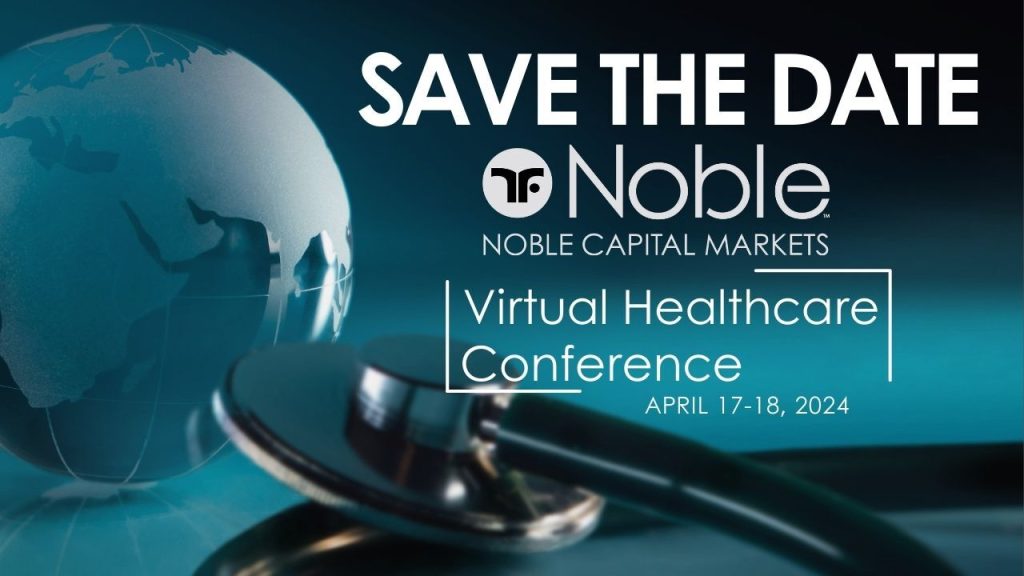In the ever-evolving world of technology, few terms have captured the imagination of investors quite like artificial intelligence (AI). From autonomous vehicles to virtual assistants, AI has permeated nearly every facet of modern life, disrupting traditional business models and creating new opportunities for growth and innovation.
One sector that is increasingly feeling the transformative impact of AI is healthcare. As the industry grapples with challenges such as rising costs, workforce shortages, and the need for more personalized and efficient care, AI is emerging as a powerful tool to address these issues and unlock new frontiers in medicine.
The applications of AI in healthcare are vast and varied, ranging from drug discovery and disease diagnosis to patient monitoring and virtual nursing assistants. At the forefront of this revolution are companies that are harnessing the power of AI to develop cutting-edge solutions and drive technological advancements in the field.
One area where AI is making significant strides is medical imaging and diagnostics. Companies like Enlitic, a pioneer in deep learning for radiology, are developing AI systems that can analyze medical images with unprecedented accuracy, aiding in the early detection of diseases and reducing the risk of misdiagnosis. By automating and enhancing the analysis of X-rays, CT scans, and MRI images, these AI solutions have the potential to improve patient outcomes while reducing the workload on healthcare professionals.
Another promising application of AI in healthcare is drug discovery and development. Traditionally, the process of bringing a new drug to market has been time-consuming and costly, often taking years and billions of dollars in research and clinical trials. However, AI is revolutionizing this process by analyzing vast amounts of data, identifying promising drug candidates, and accelerating the drug discovery pipeline.
Companies are leveraging machine learning algorithms to search through millions of potential drug compounds, predicting their efficacy and safety profiles with remarkable accuracy. This not only speeds up the drug development process but also increases the likelihood of successful clinical trials and faster time-to-market for new therapies.
Beyond drug discovery and medical imaging, AI is also playing a crucial role in personalized medicine and patient care. Companies are developing AI-powered virtual healthcare assistants that can provide personalized medical advice, triage patients, and even monitor chronic conditions remotely. By leveraging natural language processing and machine learning, these AI solutions can offer accessible and affordable healthcare services, particularly in underserved or remote areas.
For investors, the proliferation of AI in healthcare presents both opportunities and challenges. On the one hand, the potential for groundbreaking innovations and disruptive technologies in this sector could translate into significant returns for those who identify and invest in the right companies early on. However, the healthcare industry is also heavily regulated, and navigating the complex web of regulatory approvals and clinical trials can be a significant hurdle for AI-driven healthcare solutions.
Furthermore, as with any emerging technology, there are ethical considerations and potential risks associated with the use of AI in healthcare. Concerns around data privacy, algorithmic bias, and the potential for AI to perpetuate or exacerbate existing healthcare disparities must be carefully addressed to ensure the responsible and equitable deployment of these technologies.
Despite these challenges, the investment community is eagerly watching the AI healthcare space, recognizing the immense potential for transformative innovations and lucrative returns. As the adoption of AI in healthcare continues to accelerate, companies that can successfully navigate the regulatory landscape, mitigate risks, and deliver tangible solutions that improve patient outcomes and healthcare efficiency are likely to emerge as leaders in this burgeoning field.
For savvy investors, the key to capitalizing on the AI healthcare revolution lies in conducting thorough due diligence, understanding the competitive landscape, and identifying companies with robust AI capabilities, strong intellectual property portfolios, and a clear path to commercialization and scalability.
While AI may be a buzzword that often moves markets, in the healthcare sector, it represents a genuine paradigm shift with the potential to save lives, reduce costs, and transform the way we approach healthcare delivery. As such, investors who can separate the hype from the reality and identify the true pioneers in this space may be well-positioned to reap the rewards of this technological revolution.

